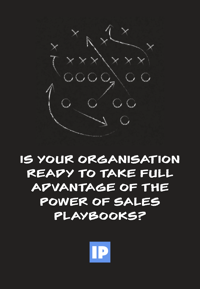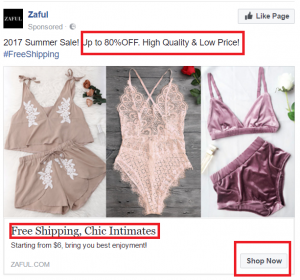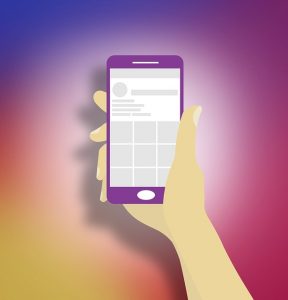by Sanjay Dholakia, Op-Ed Contributor, August 5, 2016
I admit it — I still have a Yahoo email address. Even though I rarely use it, it still made me pay attention when Verizon bought Yahoo. The acquisition offers the promise of a phone and Internet service juggernaut bolstered by a broad array of popular online consumer services, fueled by amazing content.
What a mouthful. If it pays off, the deal will be well worth the $4.8 billion price tag. But don’t proclaim the arrival of a new advertising behemoth just yet. The key question: Can the combined entity deliver the user engagement of the likes of Google and Facebook?
Beginnings of a Perfect Union?
In theory, the combination of Verizon and Yahoo has the power to provide advertisers with an unprecedented set of information and data about customer usage patterns. Delivering a message to a specific audience at the right place and the right time is the very essence of advertising value.
Verizon has rich insights into customer behavior because of its access to interactions on mobile, in-home — and now online, via Yahoo. Advertising is no longer just about one-way messages; it’s instead about two-way engagement. Verizon-Yahoo marks a big step in that direction.
Customer vs. advertiser delivery
Remember the excitement when Time Warner and AOL combined their businesses in 2000? The deal, initially heralded for its can’t-miss transformative impact, failed to create real value because it couldn’t deliver engaged consumers when AOL’s thriving dial-up world was upended by a faster broadband Internet.
Consumers feel a certain utility through their Verizon services. The same can be said for the way Yahoo users feel about its content and services. The challenge for management is to create something new and useful. This joint solution has to make consumers spend more time on the combined network. Otherwise, there is no real incremental value for advertisers.
Google and Facebook are market leaders because people find them to be extraordinarily useful. When someone wants to find information, there’s no better source on the planet to consult than Google. Facebook has become the world’s most popular social network by helping friends stay connected. As a result, people spend tons of time on both properties.
That is why they are so popular with advertisers. Both Google and Facebook offer high quality targets and outcomes; they not only tell you a lot about the person who sees an ad, but they deliver it to that person at exactly the right moment and time.
This success lies in the quality of Yahoo’s content. It won’t matter if the company can reach consumers via Verizon’s channels if it can’t create a meaningful conversation.
The Waiting Game
For the foreseeable future, smart media buyers and CMOs will remain in “wait-and-see” mode until Verizon offers specifics proving how the deal will help them meaningfully engage more consumers. Marketing leaders need to know whether they can derive any better ROI and efficacy on their ad spend as a result of the combination as opposed to when Yahoo’s properties were independent.
If they can, we may have just witnessed the shift from advertising duopoly to three-way arms race. If they can’t — well, marketers will still have Google and Facebook.
MediaPost.com: Search Marketing Daily
(58)
Report Post





